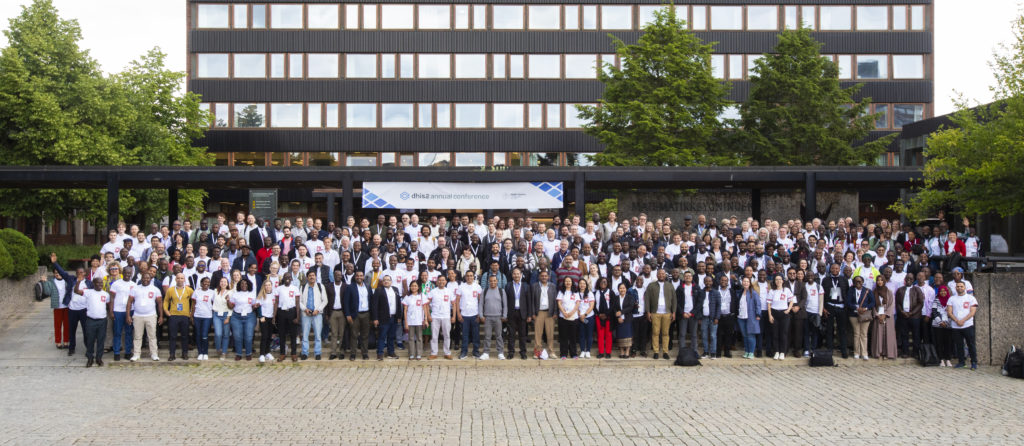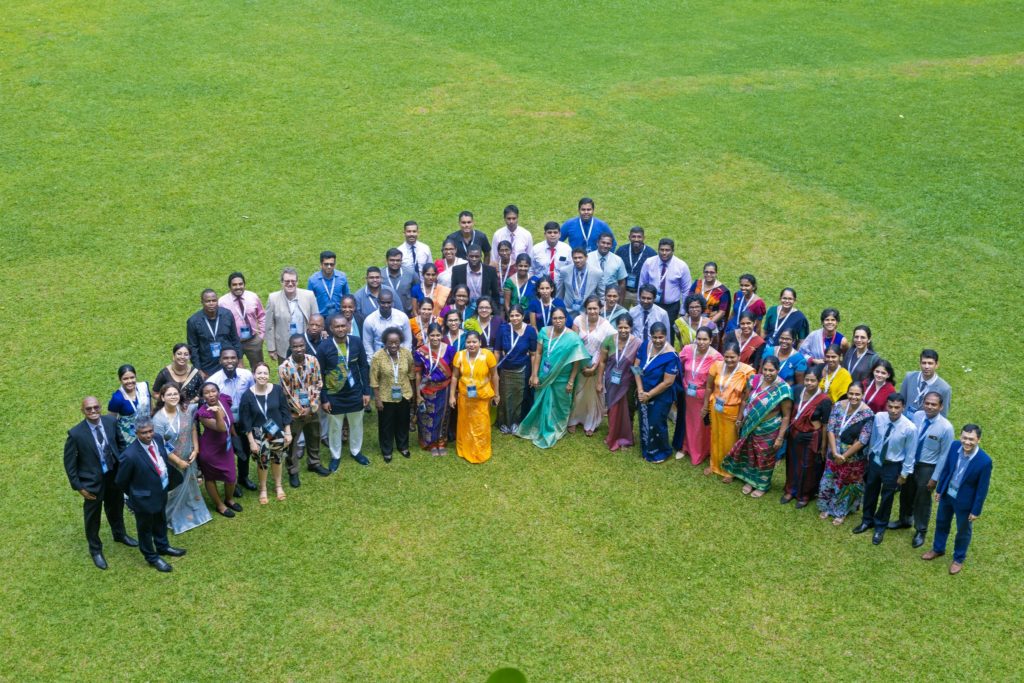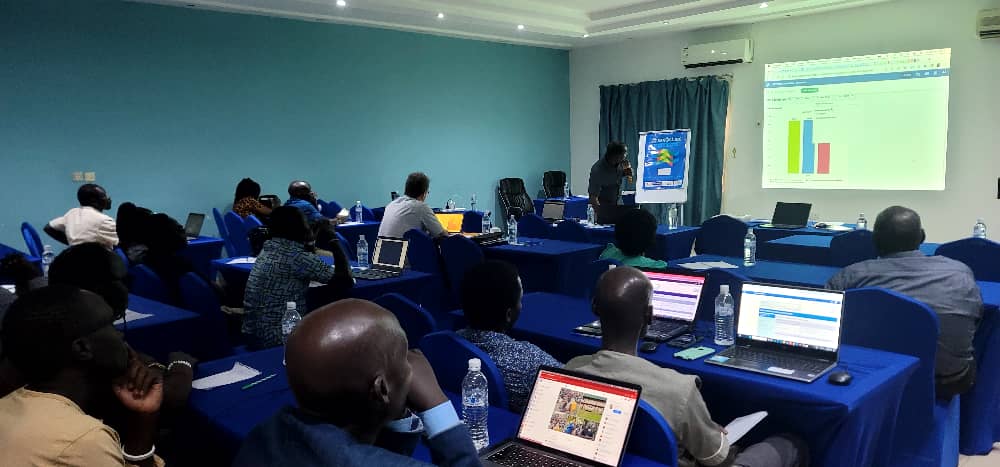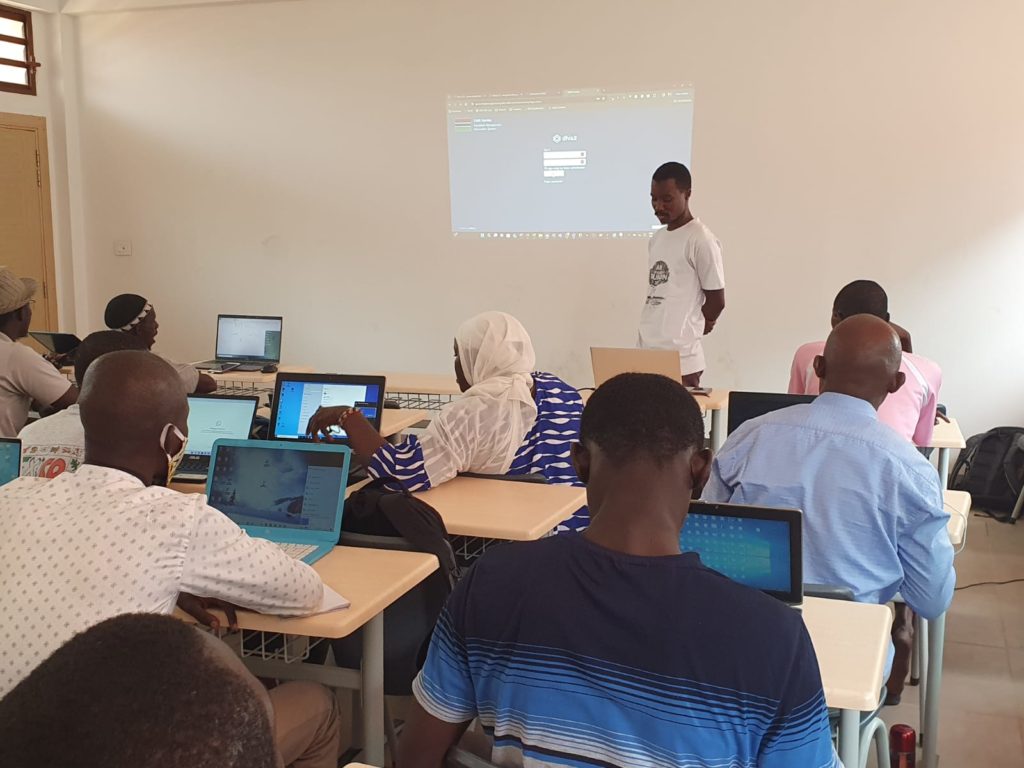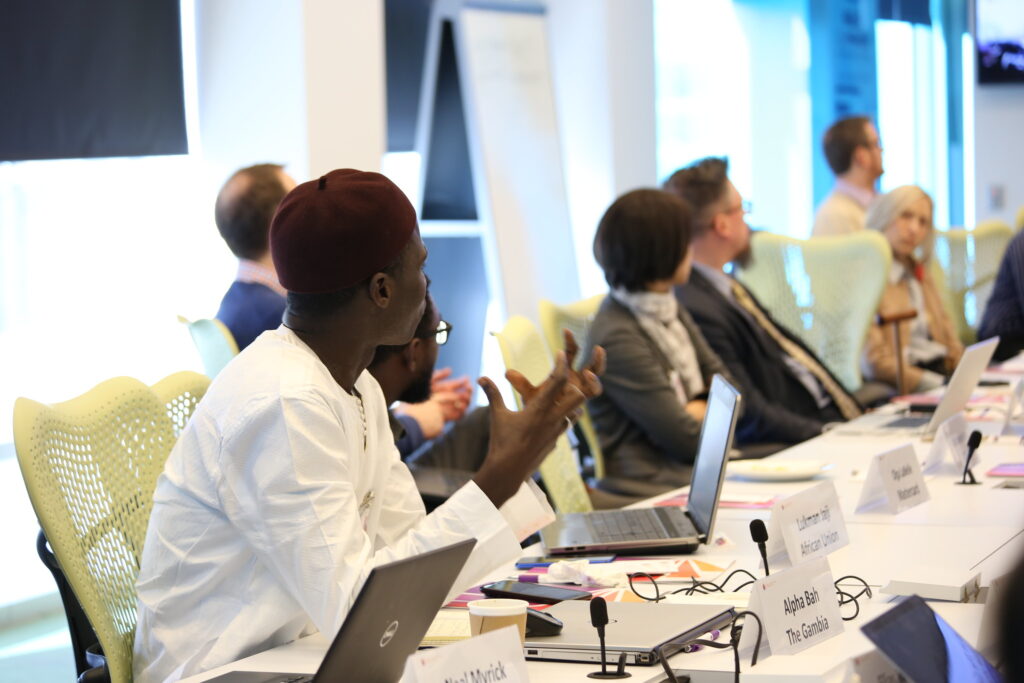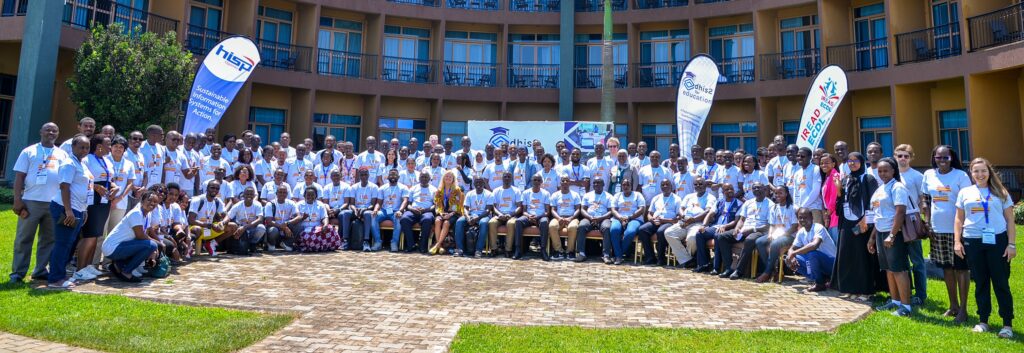Africa faces a data crisis in education and skills, further impacted by the Covid-19 pandemic. Positive efforts were demonstrated in improved reporting on the priorities of the African Union’s Second Decade of Education for Africa’s Plan of Action (2006-2015) and MDGs. However regional, continental and global reports show missing or outdated data for monitoring the Continental Education Strategy for Africa (CESA 16-25) and SDG4. Only 17 out of 55 countries had data for SDG Indicator 4.1.1 on achieving minimum proficiency level in foundational literacy and numeracy, and no African country had reported any data for SDG Indicator 4.3.1 on youth and adult participation in formal and non-formal education (UIS, 2018).
“As a result of the perennial challenge of scarce quality data on education and skills for informed decision making, poor data continues to hurt the ability of African countries to make demand-driven policy decisions on education and skills.” – ADEA, 2022
In October 19-21, DHIS2 for Education attended the ADEA Triennale on Education and Training; one of Africa’s seminal high-level forums for political dialogue and knowledge exchange. HISP Uganda and EMIS experts from MoBSE The Gambia, MoET eSwatini, UNICEF eSwatini and MoES Uganda shared experiences of using DHIS2 for Education. Alpha Bah, System Analyst and Head of EMIS & ICT Unit presented on a panel titled “Tackling the data challenge in Africa’s Education Systems”. He raised the importance of decentralized data use to district and school levels as well as lessons learned from two decades of DHIS2 implementation in the health sector, asking the question: what can we learn from health sector implementations and how can we work more closely across departments within ministries of education and beyond. “The same indicators are found in our National Development Plan. How do we work across sectors including communication?” – Alpha Bah, Systems Analyst and Head of EMIS & ICT Unit, MoBSE The Gambia.
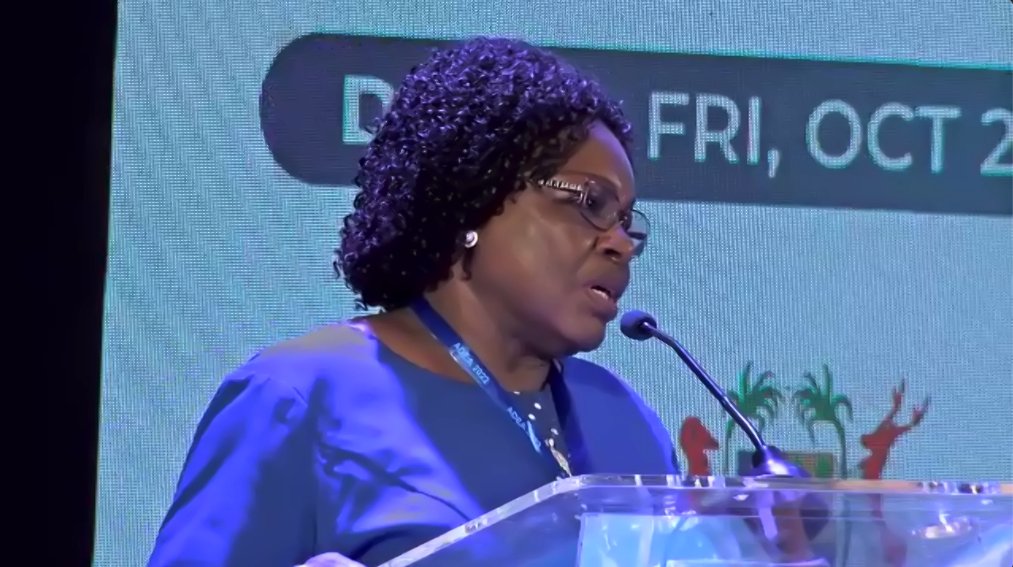
The session reminded the global education community of existing peer learning approaches that can be rejuvenated. We extend our thanks to ADEA and the Ministry of Education, Tertiary Education, Science and Technology of Mauritius, as the Triennale fostered continental, regional and cross-country interactions, in support of peer learning and knowledge exchange.
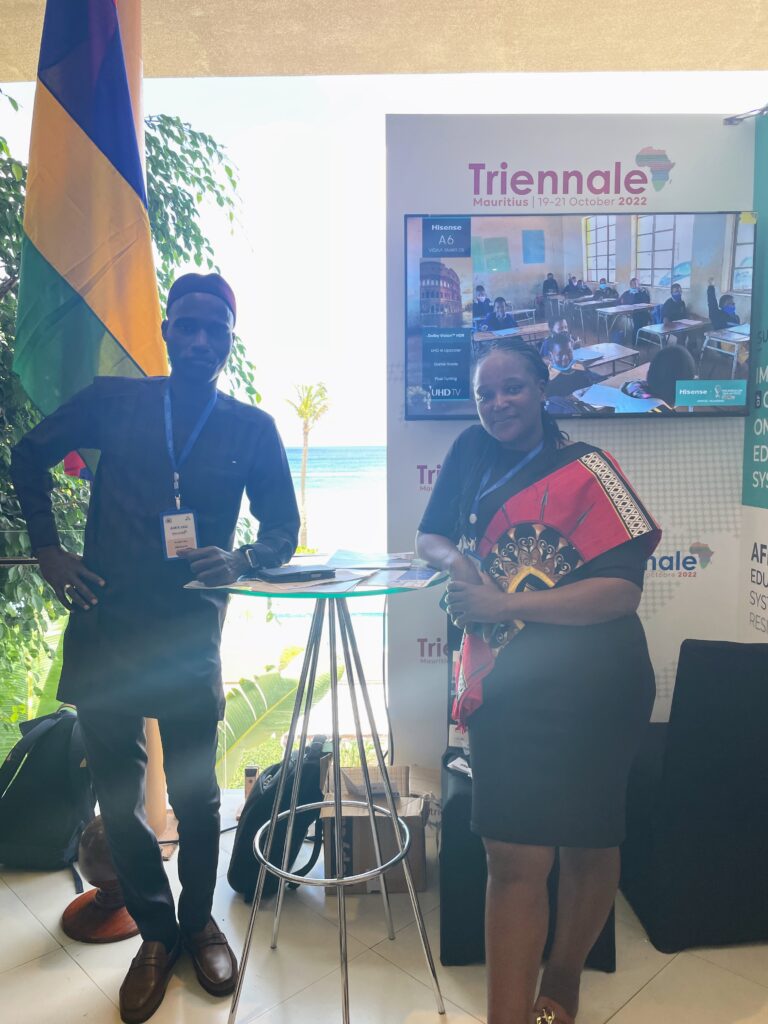
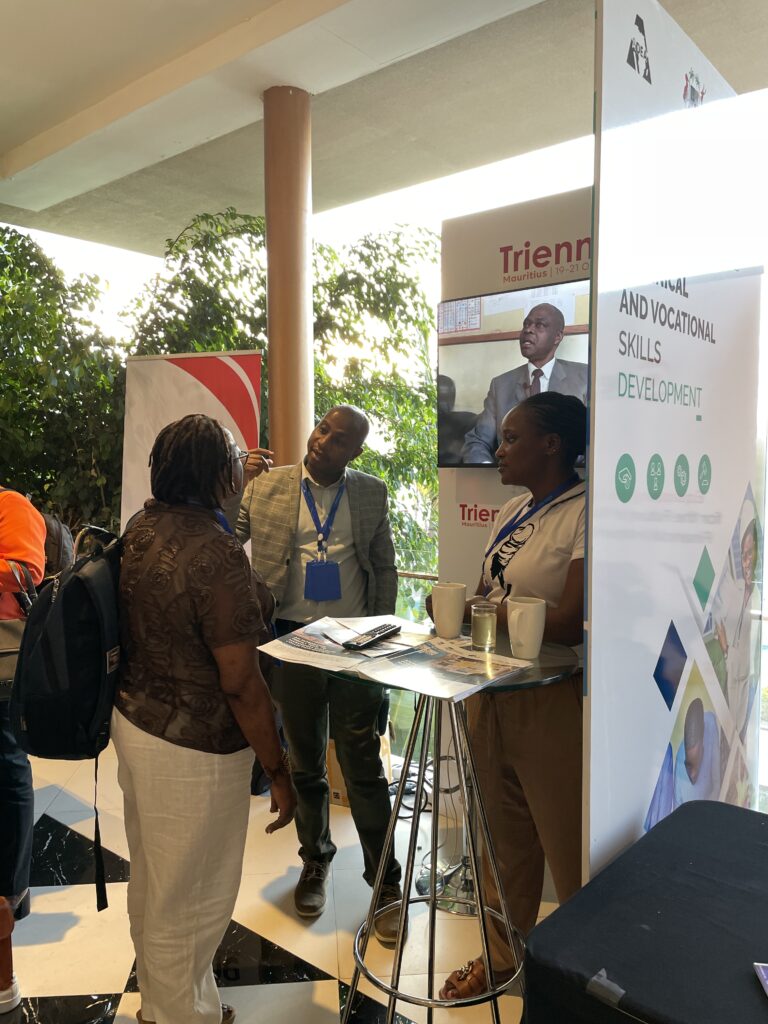
To learn more about how DHIS2 for Education is being used in The Gambia, Uganda and eSwatini visit our country pages for more!

